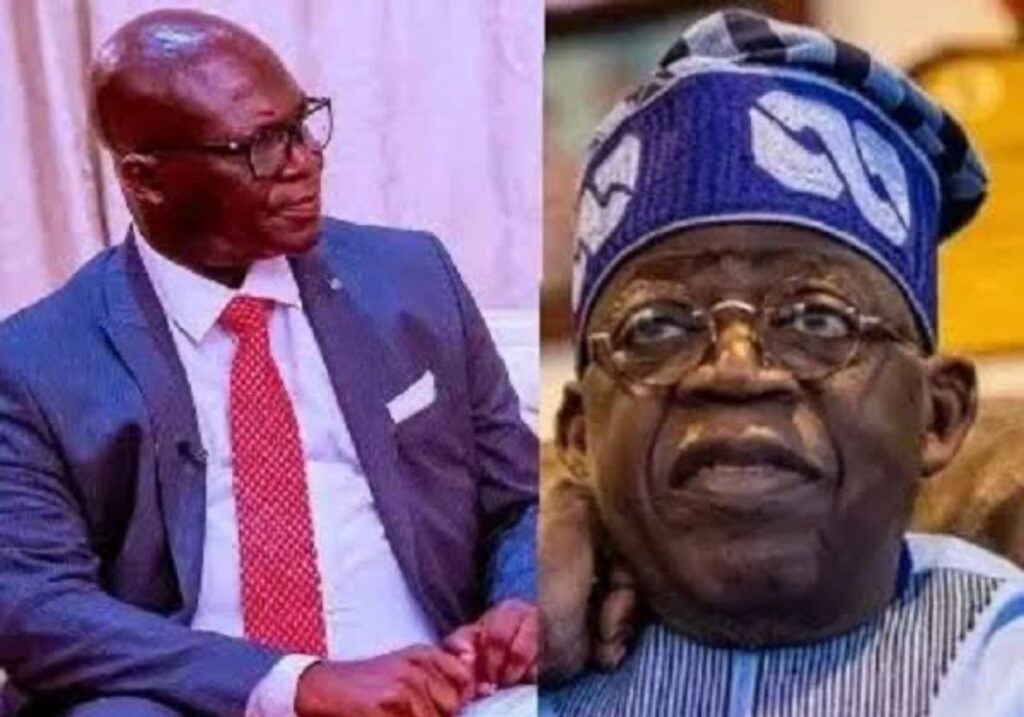Veteran Nigerian journalist and former presidential spokesperson for ex-President Goodluck Jonathan, Dr Reuben Abati, on Wednesday, said President Bola Ahmed Tinubu committed an impeachable offence following his declaration of a state of emergency in Rivers State.
Speaking on Arise Television’s Morning Show, Abati argued that President Tinubu overstepped his constitutional powers by dissolving the state government structures and assuming legislative authority over the state.
New Telegraph had earlier reported that Tinubu had, in a nationwide broadcast on Tuesday night, announced a state of emergency in Rivers State, citing the political crisis and alleged demolition of the State House of Assembly by Governor Siminalayi Fubara.
The President stated that after evaluating the situation, he was compelled to take immediate action, effective from Tuesday, March 18.
However, Abati criticized the move, saying it was unconstitutional even under Section 305 of the 1999 Constitution, which outlines the conditions under which a state of emergency can be declared.
READ ALSO:
Abati maintained that the President acted beyond his powers, as Section 305 requires that any emergency proclamation must be approved by the National Assembly before taking effect.
He also pointed out that the Federal Executive Council (FEC) does not have the authority to make laws for a state House of Assembly, as Tinubu had suggested.
“Now, President Tinubu has appropriated unto himself the powers to make laws for the Rivers State House of Assembly. That’s an impeachable offence,” Abati declared.
He further emphasized that a governor can only be removed from office under the provisions of Section 188 of the Constitution, which involves due process through the State House of Assembly and a panel of inquiry.
“There is no provision in the 1999 Constitution that says that the president of Nigeria can unilaterally remove a governor, the deputy governor, or dissolve the legislature.
This is a violation of the Constitution,” Abati insisted.
He called on legal experts and the National Assembly to examine the situation critically, warning that the President’s action sets a dangerous precedent for democracy in Nigeria.
As the controversy continues, political analysts and constitutional lawyers are expected to weigh in on the legality of Tinubu’s declaration and its potential implications for Nigeria’s federal structure.















